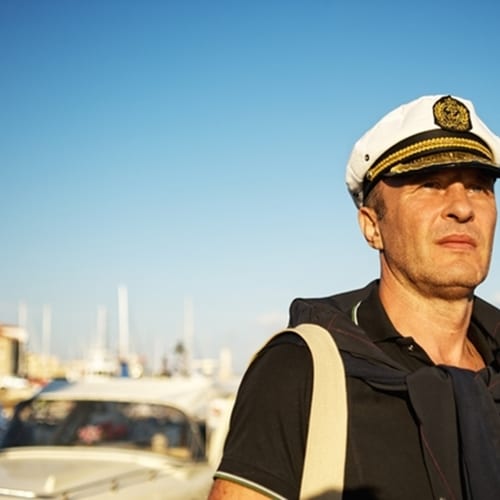The National Transportation Safety Board (NTSB) has addressed major accidents that occurred last year in a new report entitled "Safer Seas 2014: Lessons Learned From Marine Accident Investigations."
Information from this source demonstrates the various dangerous situations that can occur during commercial shipboard operation, and why operators may want to invest in maritime insurance so they will receive reimbursement in the event of a financial loss.
The report examined incidents in several different industries, from cargo vessels to research vessels, tankers, fishing boats and yachts. The types of watercraft involved in nine of the 23 total accidents mentioned were towing vessels, which also made them the kind most commonly seen among these cases.
In some instances, the probable cause of the documented cases could be traced to one person. When the towing vessel Justice was grounded outside of Cape Cod, for example, the fault was traced back to mate's ineffective use of autopilot. For other situations, natural disasters or problems with the vessel itself were to blame. The fishing vessel Moonlight Maid suffered from damages related to loose planking during heavy weather, to name an example.
Overall, the report draws attention to the need for proper training and maintenance. NTSB Chairman Christopher Hart said in the introduction of the document that it "represents our continuing commitment to sharing the lessons that we learn through our investigations. A great number of marine accidents can be prevented when crews know and respond to safety issues early and when crews work together effectively in the event of a crisis."
Since the potential for injury and structural problems is always present during marine operations, businesses that manage crafts and workers are wise to remember maritime employers liability concerns and the benefits of coverage for all crew and crafts.

